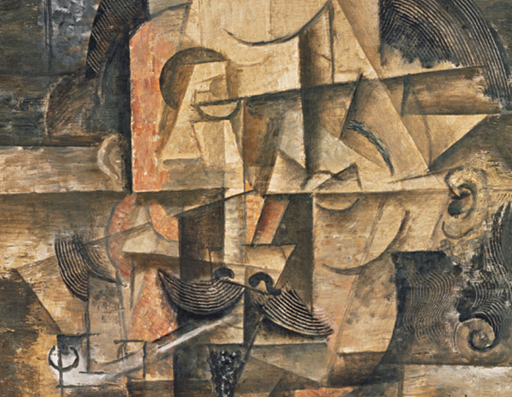Out of the frying pan, into the firewalls by Mary Long

There’s a peculiar kind of cruelty that the world seems to reserve for those who flee cruelty. Imagine running barefoot across shattered glass just to fall face-first into a pit of nails. That, in short, is the refugee experience today: escaping regimes that hate humanity, only to be greeted by governments that hate you. The journey begins with bullets and bombs, real, tangible threats to existence and ends with paperwork, barbed wire, detention centers, and hostile bureaucrats, all sanitized under the illusion of sovereignty and law. The instruments change, but the violence remains.
What’s worse? Dying under a despotic regime or slowly erasing your identity in a land that won’t call you its own?
Refugees are not just running from warlords, death squads, and dictators. They’re running from extinction, the slow, eroding kind where your language, culture, and dreams are swallowed by systems that do not care to learn your name, let alone pronounce it correctly. And yet, when they finally cross the border into “freedom,” they’re treated not like survivors but like suspects. As if trauma could be contagious and empathy a finite resource.
Let’s call it what it is: a global performance of doublethink. Human rights for all but maybe not you. Sanctuary, but only if you pass our psychological background checks, religious vetting, and DNA compatibility tests for economic usefulness. And if you fail? Well, there’s a boat back. Maybe. If it hasn’t sunk yet.
Western democracies love to condemn human rights abuses in public, while privately installing electric fences and “pushback” policies. Leaders tweet about compassion from the comfort of summits where no refugee ever gets a chair. And the public, fed on a diet of populist paranoia, becomes numb. Xenophobia is rebranded as “border integrity.” Discrimination gets a makeover as “national security.”
There is a tragic irony here that would make even Kafka sigh. We condemn regimes for being inhumane and rightfully so. But our collective response to those who escape those regimes is often just as damning. What does it say about us when a child who runs from a civil war dies not in crossfire, but from exposure at the border of a so-called civilized nation? What does it say when people who risk their lives to reach democracy are met with a shrug and a cage?
Some will argue that “resources are limited.” Indeed. But isn’t humanity a renewable resource?
The refugee is not a burden. The refugee is proof of our shared failure. Of political mismanagement, of indifference, of borders drawn with colonial arrogance. And, paradoxically, they are also a symbol of hope, because only those who still believe in something risk everything to find it.
But in today’s geopolitical theatre, refugees are pawns. Bargaining chips in trade deals. Election talking points. Headlines when convenient. Ghosts when not. One nation’s shame becomes another nation’s scapegoat.
You might ask, if our response to desperation is walls, what does that say about the house we’re trying to protect?
If we truly believe in human rights, we must believe in them when they’re inconvenient. If we value democracy, we must extend its promises beyond our own citizens. Otherwise, we’re no better than the tyrannies people are fleeing. We’re just better at smiling while we turn them away.
So here’s the bitter pill: in many cases, refugees are not escaping one evil for safety. They are escaping one evil for another that wears better clothes and speaks in press releases. And that’s not just a tragedy. It’s a betrayal of everything we claim to stand for.
We are not being invaded by refugees. We are being tested by them. And we’re failing. Spectacularly.
Comments